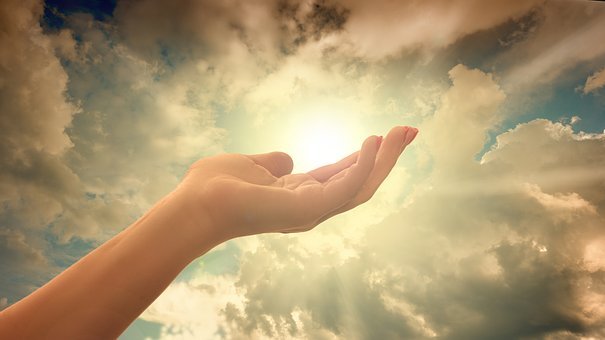Monday, October 10, 2022 – 12:00 a.m.
Deserved recognition. II part
In the previous writing, we had referred to the presentation of the book by Dr. Giovani Beluche Velásquez: Education for good living. Knowledge and feelings of the Ngäbe people.
As can be seen in the title, it is a text that not only addresses indigenous worldviews, especially the Ngäbe, but also poses a postmodern vision, rejecting traditional theories that often the notion of development goes against ecological balance, given that the curricular design of educational policies, do not promote cultural revitalization from an alternative sociopolitical thought, as well as traditions, values, spirituality, that promote good living inside and outside indigenous territories. Our assimilationist educational model based on multiculturalism does not recognize ancestral knowledge and how it is transmitted, legitimate practices that, having been denigrated by the hegemonic power centers, do not guarantee the material and cultural existence of indigenous communities.
Dr. Beluche’s book is emphatic in pointing out that the different ancestral peoples of the continent contribute a social project inspired by the Nosótrica culture, love-respect for Mother Earth and the commitment to achieve governance based on inclusive, fair and supportive. Education for indigenous peoples must start from their conception of the world, their harmonious relationship with Mother Earth and environmental balance, related to daily practices. This book invites us to reflect on the need for public policies in education to contribute to building an alternative social project.
The Sumak Kawsay and the Suma Qamaña, as proposals under construction, base their postulates on the recovery of the contributions of the original cultures from all over the world, the contributions of modern Western culture and the sociocultural factors and indigenous worldviews about life and nature.
The proposal of an indigenous public education -according to Beluche- must pay attention to the ontological and ideological foundation, to the approach of the curricular designs, to sociocultural factors, uses, customs, values, traditions, spirituality, social practices, relationship with the nature that they influence the way in which life is woven in the communities and a respectful pedagogical mediation of life. That is what this book is about, because understanding the worldviews of the Ngäbe people in this case, and how they are transmitted between successive generations, provides important elements to guide public education policies.
The generational transmission of worldviews is of interest due to the threats suffered by local cultures in the face of the avalanche of neoliberal economic, cultural, political, religious, social and ideological globalization. The way worldviews pass from one generation to another is a valuable tool that has allowed indigenous peoples to resist colonial attacks for more than five hundred years.
The document is structured in five chapters, the first constitutes a whole course of qualitative research methodologies, based on dialogues of knowledge and feelings, between beings who recognize themselves as diverse. It also gives an account of the main conceptual and theoretical frameworks in which ethnographic research is framed.
The second develops the discussion between multiculturalism, pluriculturality and interculturality, taking a position on the latter as the most appropriate approach for the study. It raises discussions about culture, identity and the meaning of myth as a necessary theoretical body. It recovers the contributions of authors who worked on the notions of development and cultural control. Place the debate on the decolonization of being, power and knowledge. And he reflects on insurgent wisdom, symbolic violence and the liberating power of knowledge.
The third chapter deals with the proposal of a holistic, biocentric, humanistic and pertinent indigenous education. There are discussions about the challenges of education, compared to its role within the colonial strategy. The fourth chapter places the confrontation between the current model of capitalist accumulation and how it affects indigenous peoples, with its monoculture policies, mega infrastructure works, extractivism and cultural globalization: the culture of death. On the opposite sidewalk, the culture of life, which emerges between resistance and the Good Living proposal.
In the fifth chapter, representatives of the Ngäbe people take the floor, who participated in the dialogues of knowledge and feelings, who spoke of their worldviews, traditions, values, uses, customs, fears and dreams. They narrate stories that have passed through all generations, they tell about their spirituality, beliefs, rituals, about the strength of orality in their culture. They talk about what they expect from the indigenous school.
In good time this book by Dr. Beluche comes out at a time when our curricular system needs to start from the reality of the cultural and linguistic facts of indigenous and Afro-descendant peoples and not from a model formulated in other contexts and other times, which they need to be reformulated.
In good time this book by Dr. Beluche comes out at a time when our curricular system needs to start from the reality of the cultural and linguistic facts of indigenous and Afro-descendant peoples

